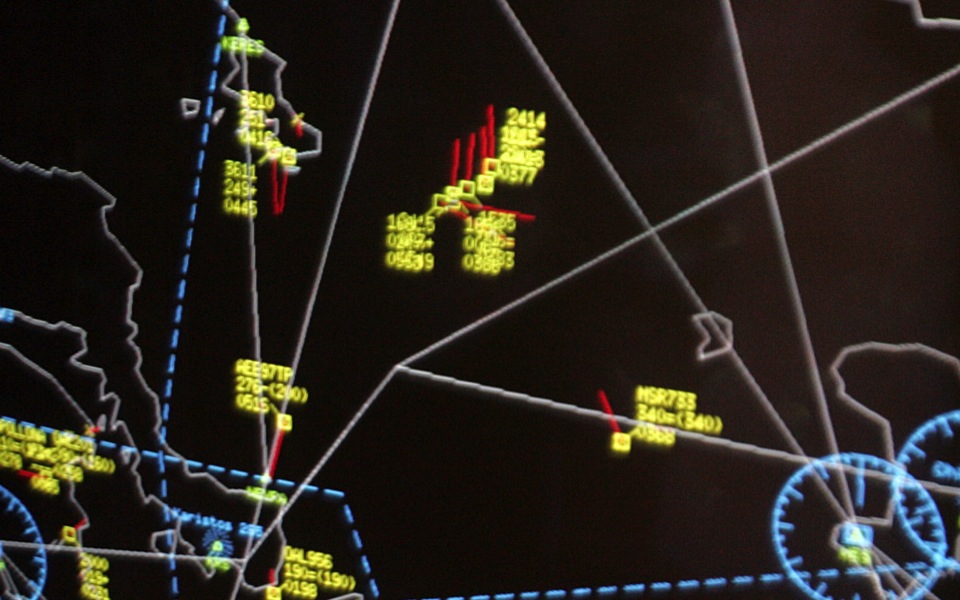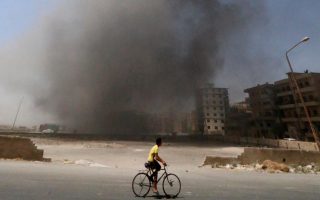The Aegean is back in the spotlight

The handling of Greek-Turkish affairs requires a particularly careful mix of prudence and decisiveness. Although this has been the rule for decades, it is now of pivotal importance.
Turkey is facing its own crucial issues on a number of dangerous fronts on the local level. President Recep Tayyip Erdogan is an unpredictable, arrogant leader who is hard to decipher. Even the top analysts in the world’s major powers find him difficult to read. Decisions such as the shooting down of a Russian warplane remain inexplicable. There are those who consider Turkey to be weak, possibly on the brink of collapse. They seem to be in a hurry and are proof of how dangerous it can be when desire is confused with reality in geopolitical analysis.
There is another factor which ought to concern us. The Aegean has come to the forefront and become a priority. The refugee-migrant crisis has placed it at the top of the agenda, in combination with a broadened Russian maritime presence and extended instability in the broader area. Up until recently, Turkish claims and Aegean issues were usually buried in the analyses and references of a number of major powers, mainly the US and Britain, and of course NATO. These issues are now starting to concern many in Europe.
When the current Greek government agreed to NATO’s mission in the Aegean, perhaps it thought it was a way of safeguarding the country’s positions within the framework of the operations, or maybe highlighting Turkish aggression. It was wrong in both cases. There is talk of Americans feeling discomfort, getting nervous and so on, within the framework of the Alliance. But so far, there is no official record regarding this. On the contrary, Turkish “sensibilities” are respected.
It’s difficult even to distinguish whether there actually has been a spectacular escalation of tensions in the Aegean, because, unfortunately, rumors and the ignorance displayed by a number of “experts” create a very blurry landscape. We ought to bear in mind however that the handling of Greek-Turkish relations is not the job of priests and low-ranking politicians and officials. The Greek state has entrusted this mission to politicians, diplomats, military personnel and the heads of secret services.
We can only hope that Prime Minister Alexis Tsipras has a complete picture of the situation and will not allow for yet another out-of-control escalation similar to that Greece experienced prior to the 1996 Imia crisis. Let us also hope that he has no illusions with regard to what could happen if the tension rose beyond a certain point. In that case, political leaderships the world over would invite the two countries to find a solution. Is Premier Tsipras ready to handle such a situation given the current environment?




